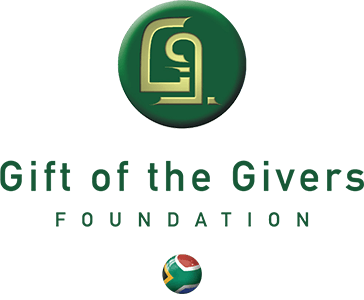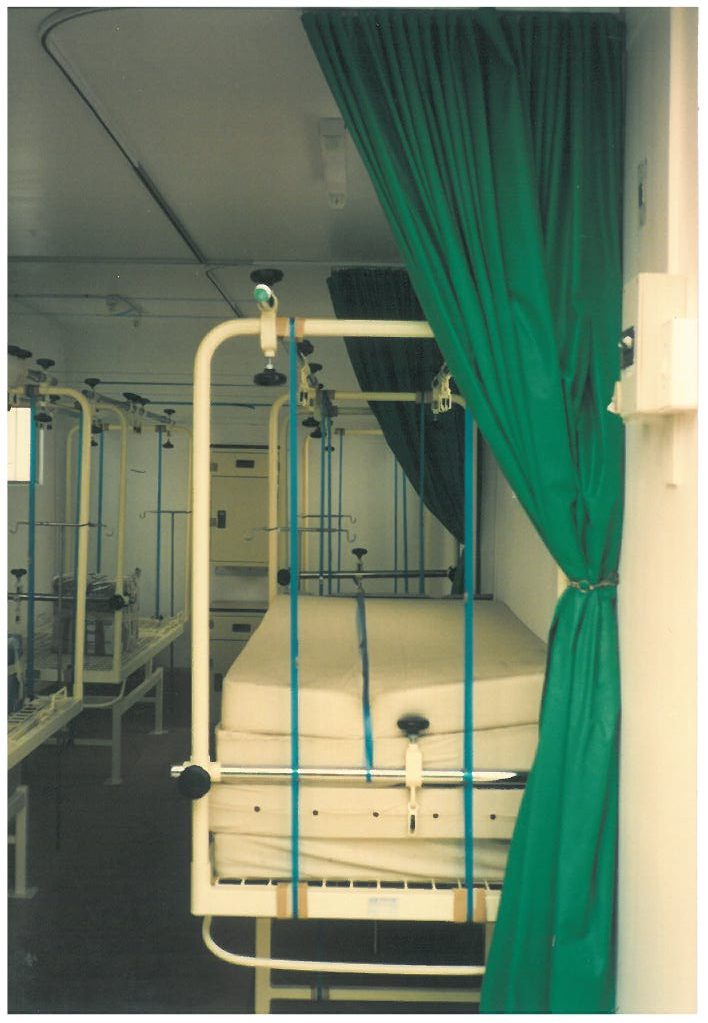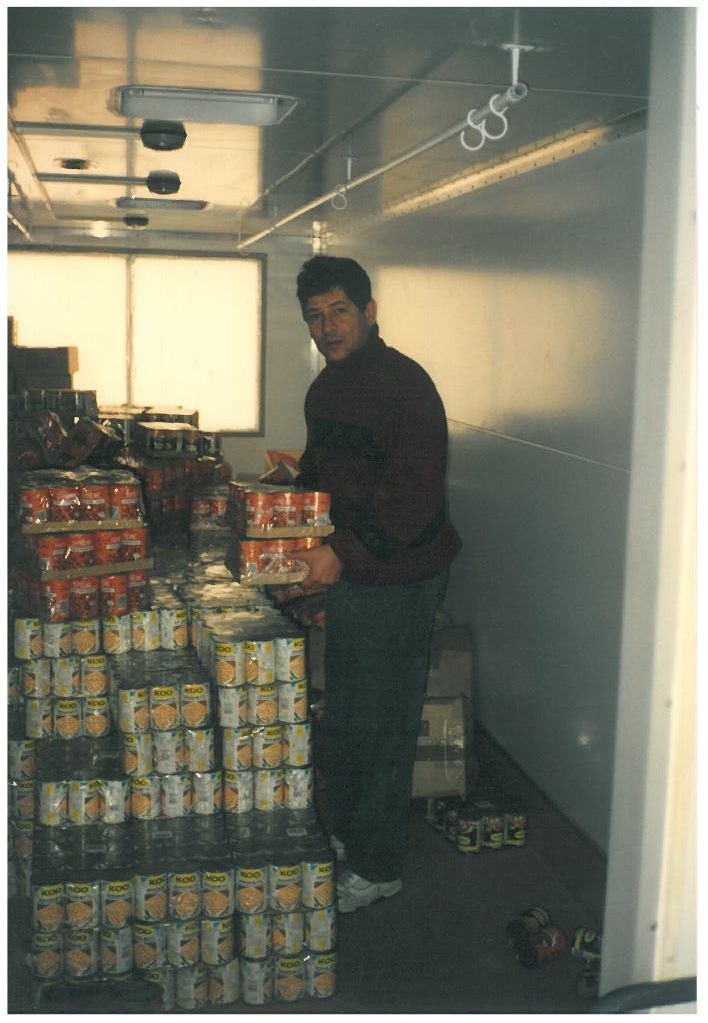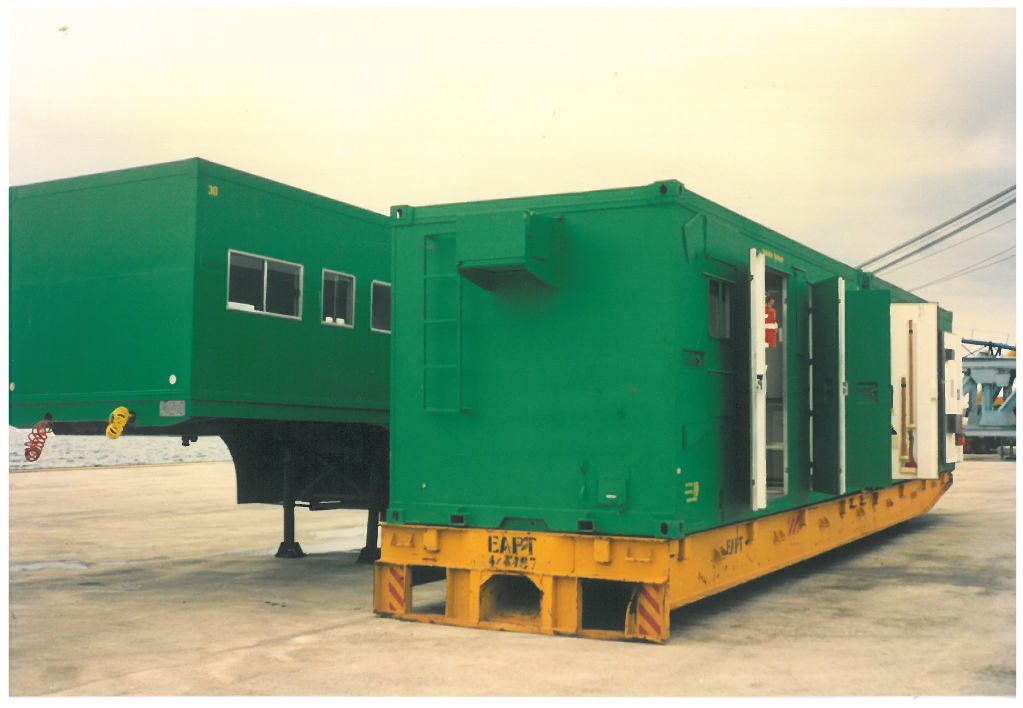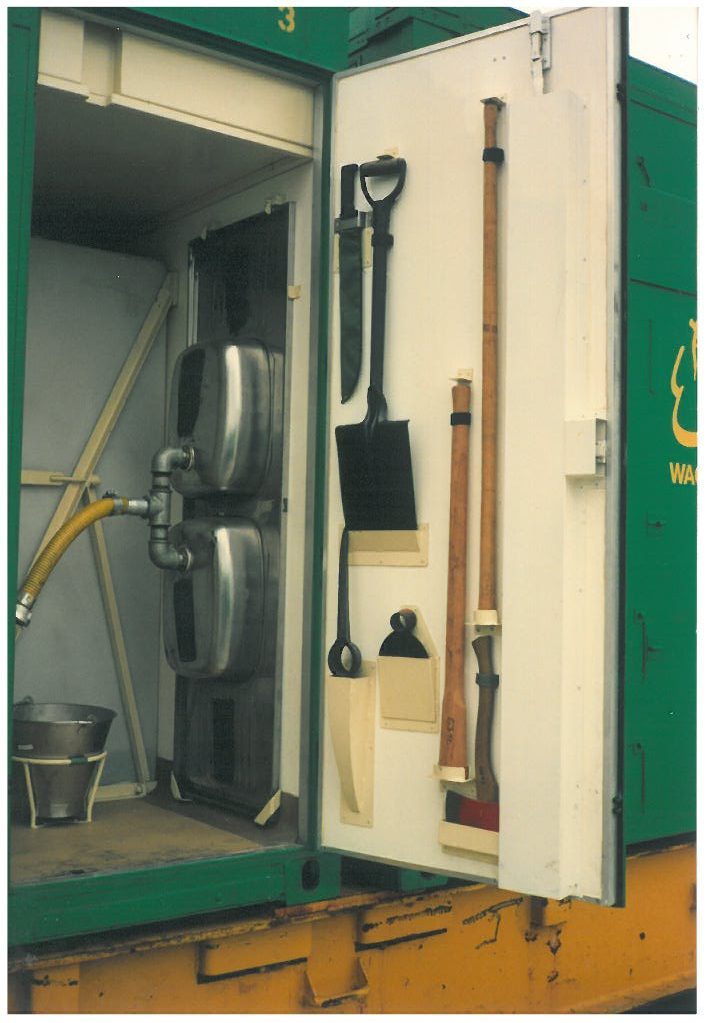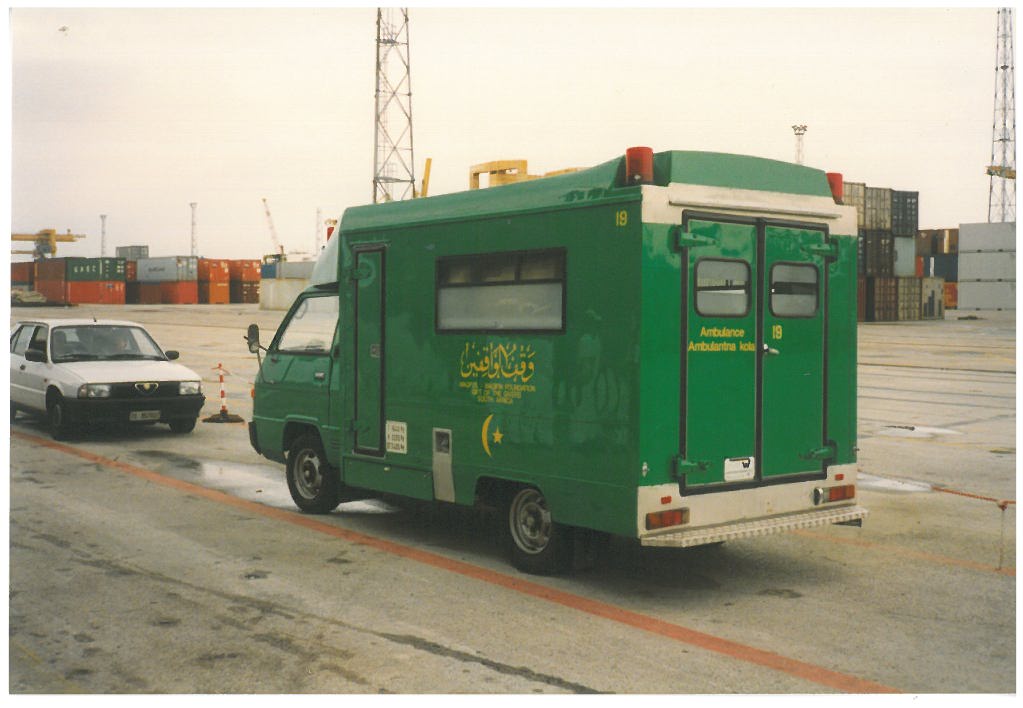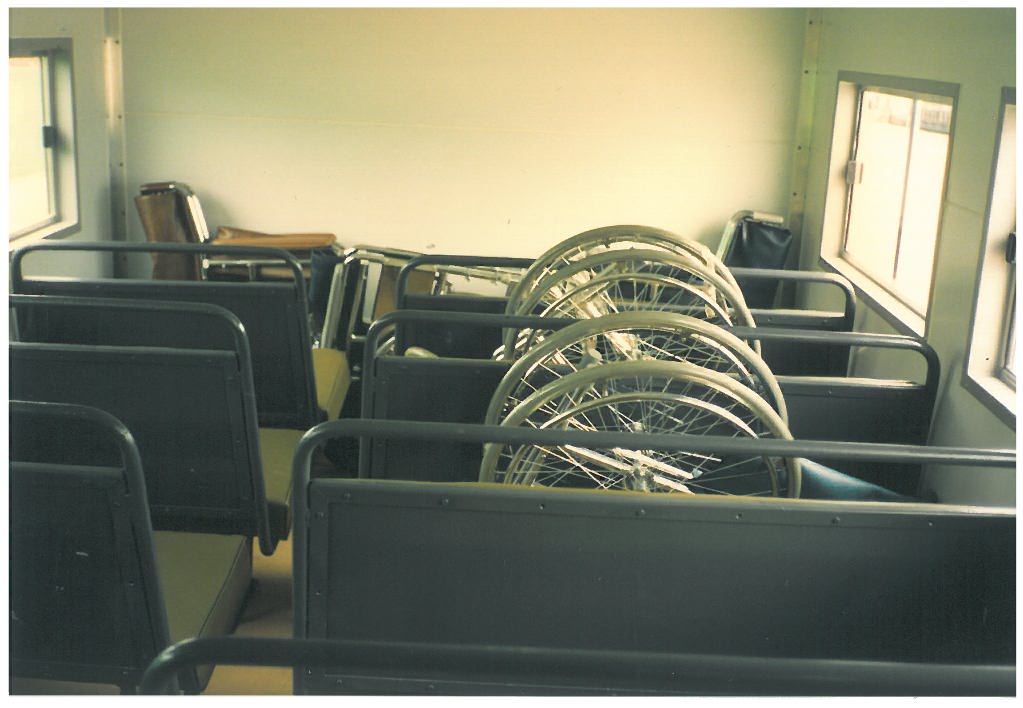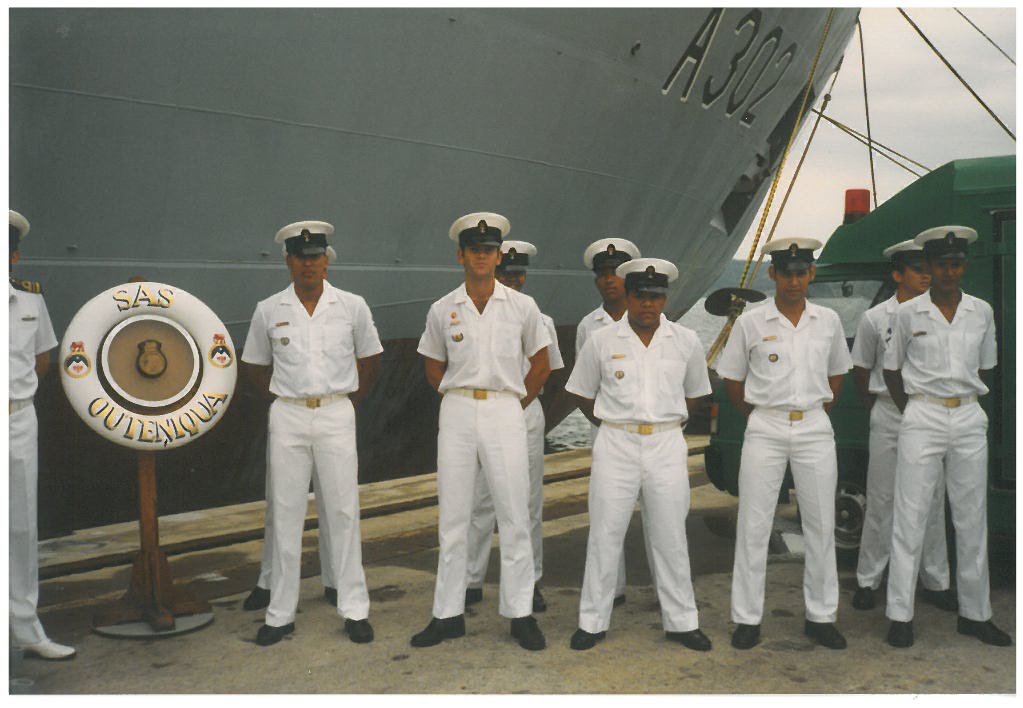Bosnian War 1992 to 1995
In 1992, the Government of the Yugoslav Republic of Bosnia-Herzegovina declared independence from Yugoslavia. The ensuing conflict, involving Bosnian Serb forces, backed by the Serb-dominated Yugoslav army, Bosniaks (Bosnian Muslims) and Croatian civilians, tore the country apart and resulted in some 100 000 people being killed by 1995.
In the middle of 1995, Bosnian Serb forces advanced on Srebrenica, overwhelming a battalion of Dutch peacekeeping forces stationed there. This led to the massacre of between 7 000 and 8 000 Bosniaks.
Gift of the Givers Response:
Our response to the war in Bosnia was the first relief programme the organisation undertook. The programme saw us supplying assistance for three years, from August 1992 to July 1995. In August 1992, we supplied 620 tons of food aid in 31 containers and, in November, another eight containers, 160 tons of blankets, warm clothes and sleeping bags.
In 1993 we designed, developed and deployed the world's first containerised mobile hospital in Mostar, Bosnia. This was a unique feat of South African engineering and the only one of its kind in the world. The hospital likened to the best anywhere in Europe, received international acclaim. The state-of-the-art facility comprised 28 containers, providing for two theatres, an intensive care unit, an X-ray unit, a burns unit, a physiotherapy unit, a casualty unit, orthopaedic wards, an outpatient unit, a dental unit, sterilisation unit and an incubator unit. The containerised hospital also had its own generator, ambulance and a patient bus.
The X-ray unit had a special lead wall to prevent radiation penetration to the outside and exposure for unsuspecting patients, and a darkroom enabled the immediate development of X-ray films on-site. A further 10 containers provided for the delivery of 200 tons of back-up supplies, including X-ray films, medicines, intravenous fluids, sutures, anaesthetics and other medical supplies making this hospital facility self-sufficient for six months.
In 1995, we assisted with additional supplies, valued at US$500 000 and comprising food, medicines, medical supplies, blankets and clothing. Aid went to families of the victims of ethnic cleansing at Srebrenica.
During a 2005 visit to Bosnia - 10 years after the end of the war - we met a woman who had been treated at the containerised hospital, having shrapnel removed from her body, and who subsequently went on over a period of time to give birth to four children in this mobile hospital.
